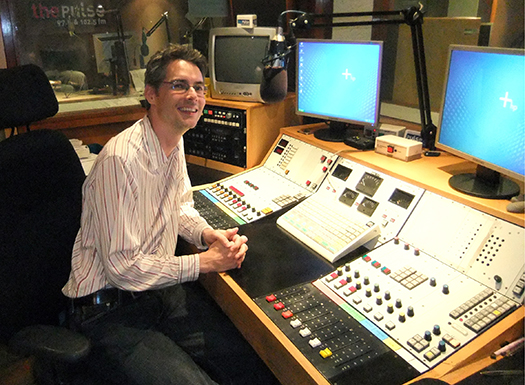Radio Tomorrow with James Cridland
Automation Killed The Radio Star, says the latest blog from Dick Taylor, a US radio writer.
Two things about this.
The first is the use of a lazy Buggles headline. Radio is still very much alive, with 9 out of 10 people in most large countries listening every week. Nothing has killed anything.
I collect lazy Buggles headlines. The song was, of course, the first song to be played by MTV, back in the days when it played music instead of vapid reality television shows. Amusingly, radio outlasted MTV.
Every time we repeat a “killed the radio star” headline, we reinforce the thought that radio is, in some way, in trouble. It isn’t. For parts of the US population, radio is more popular than television!
The other part of Dick’s blog post that I disagree with is the finger-pointing at technology – in this case, automation.
It takes people to use, or misuse, any form of technology. Technology, by itself, isn’t capable of being good or bad.
The postal service is not a bad thing, just because occasionally people send bad things through it, after all.
Automation is capable of getting the best out of your programming. It’s capable of a warm friendly voice overnight, instead of a tone or piped-in programming from the other side of the world.
Automation is capable of polish and tweaks that were impossible in the age of cart machines and turntables.
Poor automation is poor radio, granted – but we’d be foolish to claim that all automation is poor.
New technology, used well, has the potential of delighting our audience, and out of that, bringing ratings and revenue. Used badly, it can have the opposite effect.
But, as is hopefully relatively clear, I’m a fan of what new technology can bring to radio. Including automation.
If anything killed the radio star, it’s the humans who used automation badly. Perhaps radio needs less of those types of humans.
About The Author
James Cridland, the radio futurologist, is a conference speaker, writer and consultant. He runs the media information website media.info and helps organise the yearly Next Radio conference. He also publishes podnews.net, a daily briefing on podcasting and on-demand, and writes a weekly international radio trends newsletter, at james.crid.land.
Contact James at [email protected] or @jamescridland

